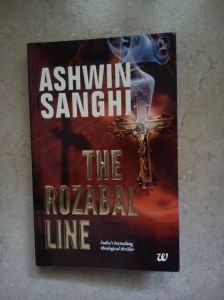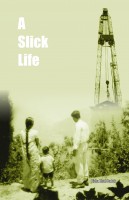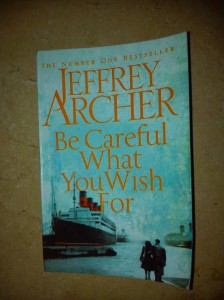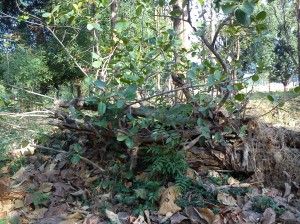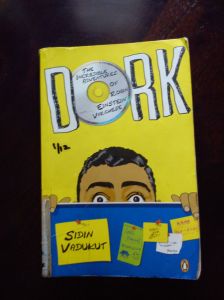A Slick Life is a biography of my father Shri Satish Chandra Bhatt who was an ordinary man during extra ordinary circumstances living the tumultuous life during and post independence times of India. the story is set during the freedom struggle period when he was a little boy living without the presence of his father who was a freedom fighter. His childhood was spent amid such uncertain biddings while having a large extended family for company. This gives a glimpse of those lost times when large families were a thing and how it moulded his personality. his youth, education and finally the job accompanied by the aspirations of a newly formed nation is what his life story entails.
Why is it important that one reads a common man's story. there were scores like him after all. What was special about him. The truth is this book isn't to laud a man out of the blue and hammer people to read it just because it has been written. No. That is not the purpose for me- his daughter to have written the book. My aim for writing it was to track the course of his life which was concurrently following the track of the progress of our nascent nation and it was easier to learn the feelings, decisions and motivations of those times, at least some of them. Undoubtedly, it was my curiosity to know what the previous generation had done for the country that could be pointed out with pride and satisfaction that it had indeed helped move the engines of a broken down economy, zero industries and an education that could not guarantee employment. and hence to answer that he started with the dams, IITs and Scientific research centres that the government had initiated. That evoked some more queries , more and then some which lasted in a heavy and hearty and multiple exchanges with him over phone, face to face and sometimes some tidbits in notes that he would give me.
A lot of time was spent in creating a coherent picture out of the snippets offered to me and with two small kids it was definitely an ask but something that I looked forward to.
Why is it called 'The Slick Life'?
The protagonist's life takes him through different routes finally to his karm-bhoomi which as an oil well driller in ONGC which was just starting out in its baby steps. Herein lies the destiny of both- the worker as well as the organisation trying to make the best of of the situation during the times when such advanced technology or money for oil exploration and scouting was not available but the people engaged- normal graduates were asked to somehow deliver the results. These were the pioneers who went through a rough regimen, training, learning on the job while trying to avoid fatal accidents all the time. With joi de vivre and bon homie especially of the Dehradun boys. This book is a homage to those wonderful people who bonded over their ties from Dun and became more than family even in later times.
Just a reminder, the ONGC was not what we see now. Much initial blood and sweat has gone into its making and splendour it has today. And that is one major reason why I set out to chronicle those lives and times that was easily forgotten in the rough and tumble of normal lives as we see now. The characters are all from real life except a couple of them who you may try to identify when you read about them.
I believe that those were the times when people really lived their lives well with all the perceived shortcomings and less riches. Hence the title- A Slick Life. And of course the word 'slick' is associated with oil and here we are, celebrating an oil well driller's life story that is also the story of new India.











.png)



